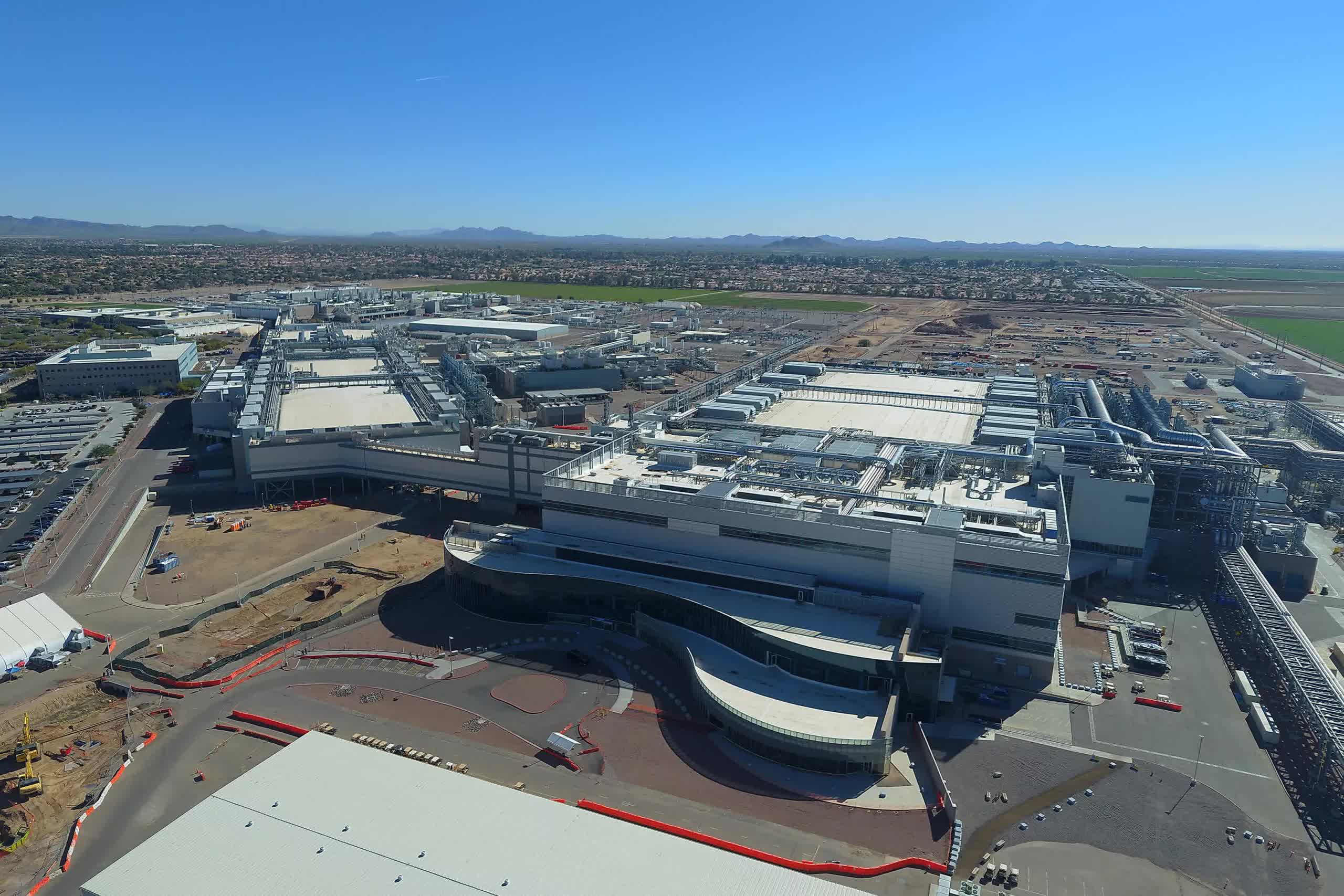US ramps up chip manufacturing: Investments in 2024 set to surpass previous 24 years combined – TechSpot
The big picture: With the US locked in a trade war with China, the emphasis on local chip manufacturing is now greater than ever. It’s no surprise that the nation is not resting on its laurels and has been pouring an unprecedented amount of money into projects this year to advance its position.
According to a recent tweet by Martin Chorzempa, senior fellow at the Peterson Institute, the US government’s investment in electronics manufacturing construction in 2024 alone will surpass the total expenditure from 1996 to 2020 (a span of 24 years).
Chips Act is attracting insane amount of investment. US is now on pace to add more investment in electronics manufacturing construction this year alone as it did TOTAL from 1996 until passage of the chips act in 2020 (funding not yet secured then, but investment started) pic.twitter.com/rfBg4XKybp
This surge can largely be attributed to the Biden administration’s ambitious CHIPS and Science Act, a $280 billion spending package signed into law in 2022. The act was designed to revitalize the US semiconductor industry, which had virtually no footprint.
Major players like Intel, Micron, GlobalFoundries, Polar Semiconductor, TSMC, Samsung, BAE Systems, and Microchip Technology have been direct beneficiaries of the law. Intel received the largest direct investment, a staggering $8.5 billion, followed by TSMC with $6.6 billion and Samsung with $6.4 billion.
All this effort seems to be paying off, at least according to a study from the Semiconductor Industry Association (SIA). The association projects that the US will produce approximately 28 percent of all advanced logic chips (manufactured on processes newer than 10 nanometers) by 2032.
However, these efforts have not been without challenges, primarily due to inadequate regulation. Major fab construction projects across the country are facing significant delays, with Samsung, TSMC, and Intel all falling a year or more behind schedule.
TSMC’s $40 billion Arizona project, for example, has been pushed back to 2025 due to a shortage of local expertise, with the second factory now slated for operation between 2027 and 2028.
The shortage of qualified workers to staff these newly constructed factories is a particularly significant hurdle. A Commerce Department official emphasized the urgent need to revitalize skills and talent in semiconductor manufacturing, especially given the substantial reduction in industry presence in the US over the past 35 years.
TECHSPOT : Tech Enthusiasts, Power Users, Gamers
TechSpot is a registered trademark. About Us Ethics Statement Terms of Use Privacy Policy Change Ad Consent Advertise
© 1998 – 2024 TechSpot, Inc. All Rights Reserved.